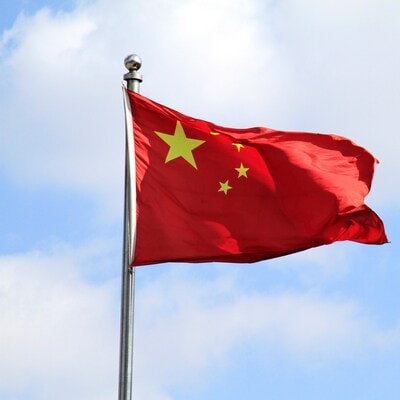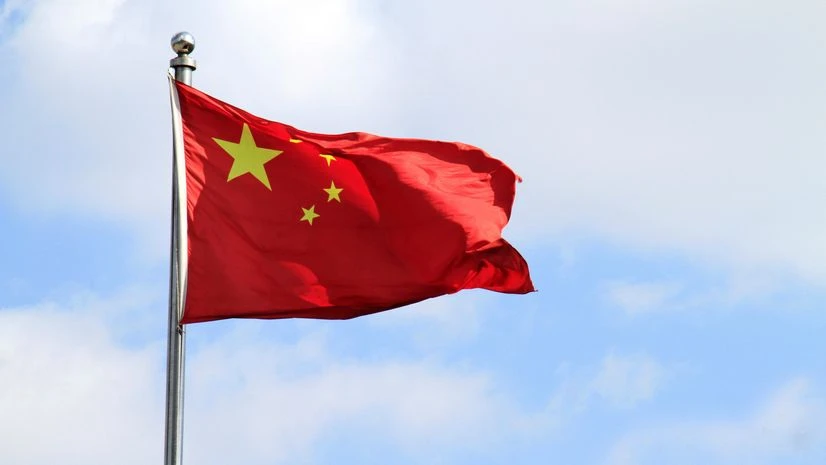China’s fuel oil imports set to slow down on anticipated tax changes | World News

)
The pending tax change has not been announced and China’s State Administration of Taxation did not respond to a request seeking comment | (Photo: Shutterstock)
China is planning a tax revamp that would raise costs for imported fuel oil, prompting independent refiners to slow purchases in another blow to a sector reeling from thin processing margins amid faltering demand, industry sources said.
Beijing is widely expected to roll out a change starting from October in the amount of consumption tax rebates refiners receive once they sell gasoline and diesel fuel refined from imported fuel oil, according to multiple industry sources. That would boost state revenue but inflate costs for importers.
The revamp would further pressure China’s independent refiners, known as teapots, that typically use fuel oil as a feedstock for processing into fuel. These refiners, which also process imported crude oil, have recently cut production to multi-year lows as a struggling economy and wider adoption of electric vehicles erode profit margins.
Slowing Chinese demand for fuel oil, a residual refinery product left over once crude oil has been processed into gasoline and diesel fuel, would impact suppliers from Iran, Russia and Malaysia.
“The tax change will effectively raise feedstock cost by nearly 400 yuan ($57) per ton. That could force many smaller plants that rely heavily on fuel oil as feedstock to halt production or even close down business,” said one of the sources, a trading manager with an independent refiner.
The manager added that his company received verbal notice of the policy change from tax authorities earlier this month.
The pending tax change has not been announced and China’s State Administration of Taxation did not respond to a request seeking comment.
The teapot refiners, mostly clustered in Shandong province, use fuel oil as an alternative to crude oil as some do not qualify for government quotas to import oil, while others are short of them.
Straight-run fuel oil can be processed into higher-value diesel and gasoline.
Several senior traders said expectations for the tax change have stalled talks on new imports, ending a brief rebound in China’s fuel oil purchases over the past two months.
“This (tax policy) is having a big impact on the fuel oil market. Buyers are holding back from talking new deals,” said a second source, a Shandong-based trading executive.
Beijing charges 1,218 yuan ($172.50) in consumption tax for each ton of fuel oil imported, then gives refiners full rebates once its processed into gasoline and diesel.
Under the new policy, however, refiners would only receive rebates based on the amount of refined fuels generated after refining the fuel oil, which typically yields about 60 per cent-70 per cent of gasoline and diesel when processed, raising their costs by 365 yuan to 487 yuan per ton, traders said.
Expectations for the tax change are already dampening fuel oil prices. Supplies to China have been dominated in recent years by Iranian and Russian-origin fuel that is blended in trading hubs in the Middle East, Singapore and Malaysia.
Shipments blended from Iranian 280-centistoke (cst) straight-run fuel oil have been offered down to discounts of as low as $20 a ton below benchmark Singapore 380-cst high-sulphur fuel oil for prompt delivery into east China, trade sources said.
(Only the headline and picture of this report may have been reworked by the Business Standard staff; the rest of the content is auto-generated from a syndicated feed.)
First Published: Sep 23 2024 | 2:01 PM IST




